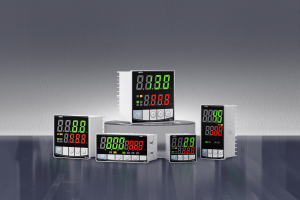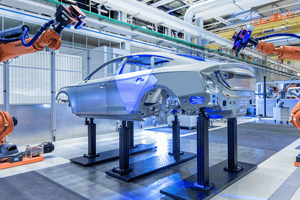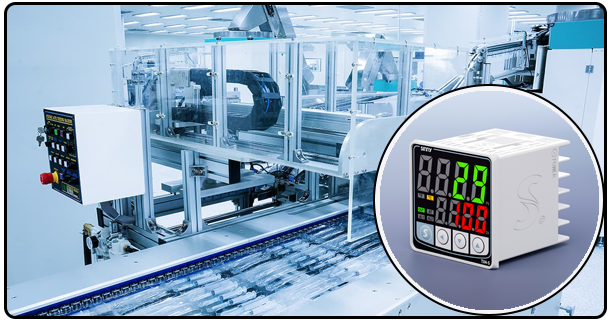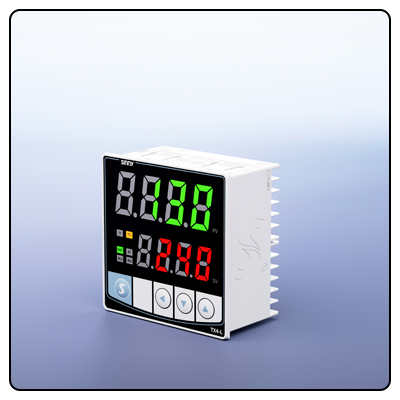How Does A Digital Temperature Controller Differ From An Analog One?
Discover the differences between digital temperature controllers and analog, understand their respective advantages for precise temperature regulation across industries. Digital advancements provide precision, flexibility, and integration that enables efficient temperature management solutions.
1. Understanding the Development of Temperature Controllers: From Analog to Digital
Temperature control is an integral component of many industrial and commercial processes, and its development has seen an exponential leap from analog to digital systems over the years. In this article we investigate these differences as we examine their advantages such as greater precision, flexibility and integration capabilities brought on by technological innovations.
2. Simplicity and Direct Control in an Analog Era
Analog temperature controllers have long been at the core of temperature regulation in various industries. Their simple designs often feature bi-metallic strips or thermocouples which connect directly with heating or cooling elements for control, making these controllers robust yet straightforwardly maintained.
Signal Processing in Analog Controllers
An analog temperature controller converts process variables, such as temperature, into continuous electrical signals that can then be compared against reference values in order to maintain desired temperatures. Signal processing takes place using operational amplifiers; as the resultant signal drives control elements seamlessly.
Analog Controllers Have Their Limitations
Analog controllers may provide effective temperature regulation solutions, yet their precision may be limited due to environmental influences like temperature shifts or ageing affecting components like resistors and capacitors used within them - potentially leading to drift in accuracy over time.
Digital Controllers Are Accurate and Programmable
Digitized technology has transformed temperature control systems. Digital temperature controllers use microprocessors to convert analog inputs to digital values that are then processed with algorithms for precise temperature regulation.
Increased Accuracy and Precision
Digital controllers deliver accuracy that analog systems simply can't match, with complex calculations taking place without being affected by component variations or environmental conditions.
3. Flexible and User-Friendly Interfaces
Digital temperature controllers boast many distinct advantages over analog units, chief among them their flexibility. Users can program these controllers to optimize parameters automatically as conditions shift without intervention from manual users; additionally, most models come equipped with user-friendly interfaces featuring digital displays making monitoring and changing settings simpler than ever.
Integration with Digital Systems
Digital temperature controllers have the capability of communicating with other digital systems, enabling easy integration into larger control networks and smart systems that can be monitored and controlled remotely. Thanks to this communication feature, these digital temperature controllers become part of an intelligent solution which can be remotely managed.
Analog Controllers in Modern Applications
Although digital controllers offer many benefits, analog systems still find applications today. Analog controllers are especially beneficial in situations requiring speed of reaction over precision provided by digital systems; also less susceptible to software bugs and cyber threats which affect digital ones.
4. Finding a Controller Fit Your Needs
Selecting between an analog or digital temperature controller depends upon your application's unique requirements, taking into consideration factors like precision requirements, system complexity and operating environment when making this choice.
5. Conclusion: Harness the Digital Advantage
As technology develops, digital temperature controllers have increasingly become the go-to choice in numerous industries. Their precision, programmability and integration features make them popular choices when applications demand high accuracy or flexibility; yet analog controllers still prove useful for certain uses due to their direct control approach and simple user experience. Understanding these two forms of controller is vital to selecting an apt temperature control solution.
- Top 10 Often Difficulties : Digital Temperature Controllers
- What Are Common Problems With Digital Temperature Controllers?























